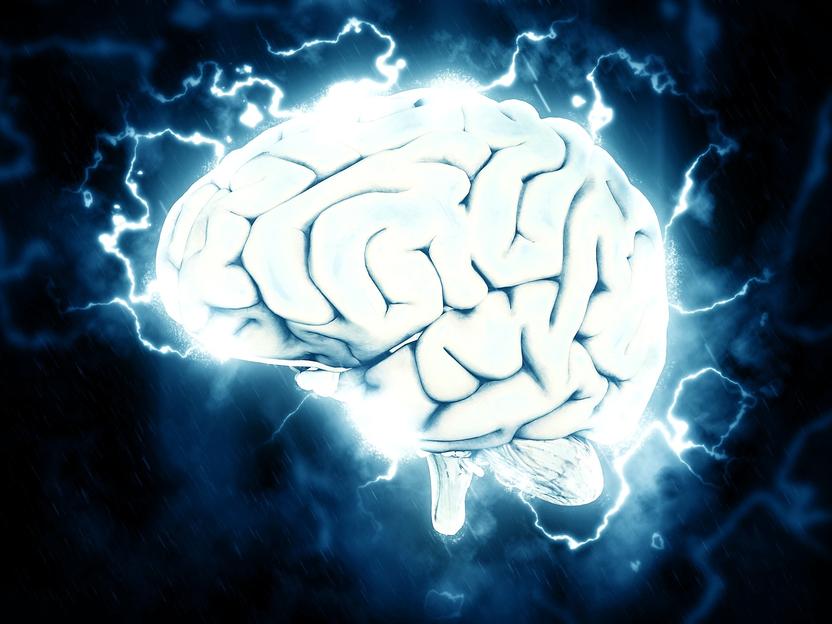Interesting study on brain receptors.
Researchers from UZH have discovered how the perception of meaning changes in the brain under the influence of LSD. The serotonin 2A receptors are responsible for altered perception. This finding will help develop new courses of pharmacotherapy for psychiatric disorders such as depression, addictions or phobias.
Humans perceive everyday things and experiences differently and attach different meaning to pieces of music, for instance. In the case of psychiatric disorders, this perception is often altered. For patients suffering from addictions, for instance, drug stimuli are more meaningful than for people without an addiction. Or patients with phobias perceive the things or situations that scare them with exaggerated significance compared to healthy people. A heightened negative perception of the self is also characteristic of depressive patients. Just how this so-called personal relevance develops in the brain and which neuropharmacological mechanisms are behind it, however, have remained unclear.
Researchers from the Department of Psychiatry, Psychotherapy and Psychosomatics at Zurich University Hospital for Psychiatry now reveal that LSD influences this process by stimulating the serotonin 2A receptor, one of the 14 serotonin receptors in the brain. Before the study began, the participants were asked to categorize 30 pieces of music as personally important and meaningful or without any personal relevance. In the subsequent experiment, LSD altered the attribution of meaning compared to a placebo: “Pieces of music previously classified as meaningless suddenly became personally meaningful under the influence of LSD,” explains Katrin Preller, who conducted the study in conjunction with Professor Franz Vollenweider and the Neuropsychopharmacology and Brain Imaging research team.
